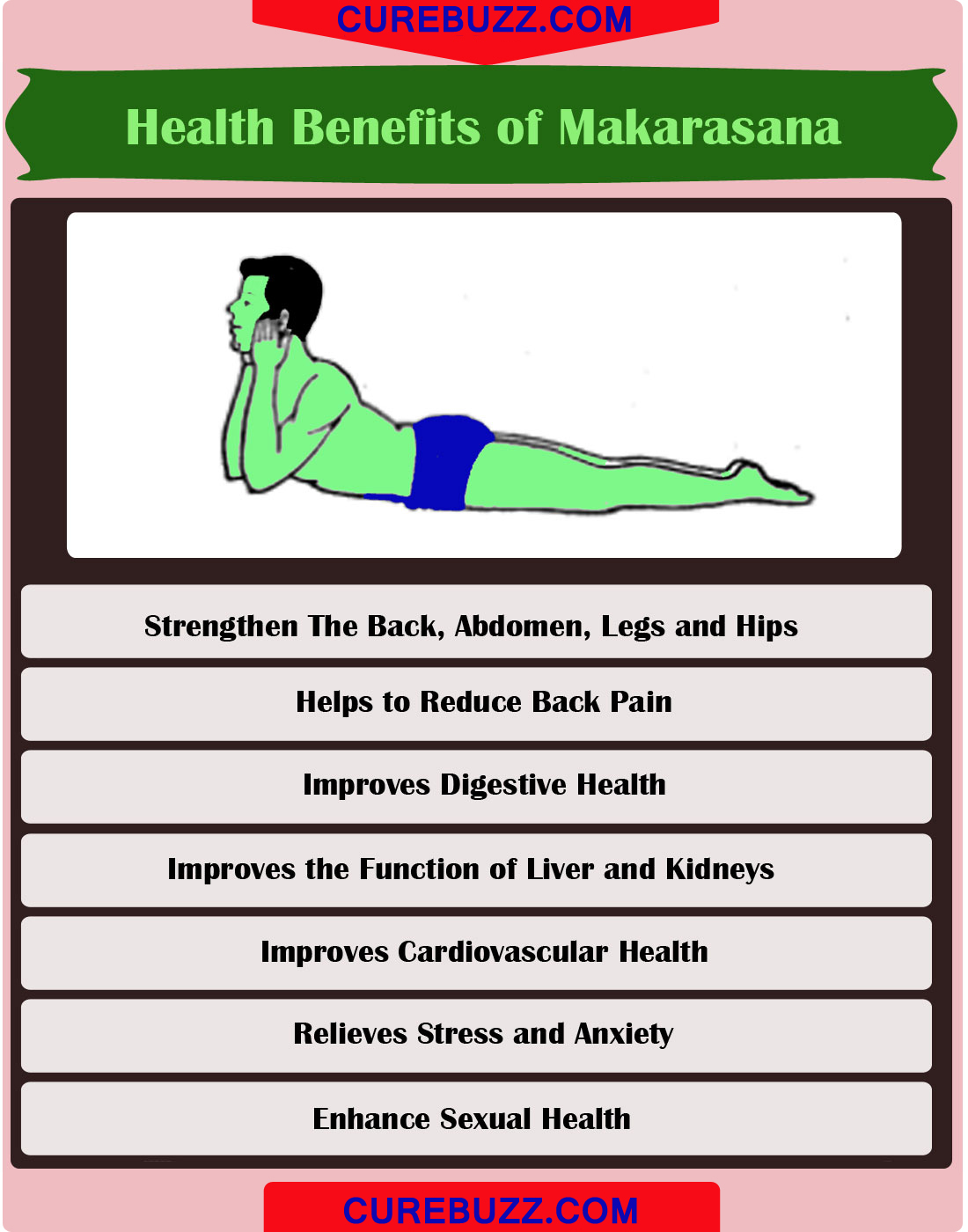
Yoga practice is the principal activity of yogis. This discipline combines meditation and body postures. Most of us know the sun salutation. But what is a yogi exactly? This article will cover the history, etymology and practice of yoga. Here, we will look at the practices of yogis, as well as the vocabulary they use.
The first step to becoming a yogi involves identifying your personality. There are many different types of yogis, and they all have their own specific practices. Depending on the practitioner's goals, the definition of "yogi" can be very broad. One can narrow down the definition of a yogi by focusing on a particular type. A yogi may be a man or a woman.

A yogi is someone who has devoted themselves to yoga. Yoga yogis seek to live a life that is consistent with the principles of yoga. They make lifestyle decisions that help them reach sattva. A yogi seeks harmony and balance in their life. A 'yogi' is usually vegetarian and gets eight hours sleep per night. They are not interested in drama, which makes them more suited to the practice of yoga.
Being a yogi requires dedication and commitment. It is also important to remember that yoga practice is a lifetime commitment. Once a yoga guru has reached enlightenment, they can be an influence on the lives of others. Self-reflection is a key component of a yogi's ability to understand and overcome obstacles. It takes a lot of effort to become a yoga instructor.
A yogi, or a person who practices Yoga, is one. A yogi is a person who practices yoga. He or she can be married or divorced. Although yogis may not be religious, they must have a desire to practice yoga to gain enlightenment. Yoga should be a way of life that is spiritual and not based on any one religion. Yoga is practiced with the intention to attain enlightenment.

A yogi must practice yoga with a purpose. They must practice yoga every day, regardless if there are distractions or mental obstacles. It doesn't matter if it is a guru or yogi, they must dedicate themselves to the practice. It should also commit to studying regularly in order for them to attain the highest degree of enlightenment. It is important that a "yogi" devotes their practice.
A 'yogi' is a person who values enlightenment, and is often a retreat from society. They avoid social interaction and do not share their daily activities with others. They do not eat twice a day and eat only plant-based food. Some yogis even stop eating caffeine and avoid caffeine altogether. What makes a yogi?
FAQ
How many times per week should I exercise
It all depends on your time and the type of exercise that you enjoy. A general guideline would be moderate-intensity aerobic exercise 3 - 5 days a week. You shouldn't do too much. You will get the maximum benefits from your workouts if you do not exercise consistently.
Which exercises are best suited for me?
It all depends on your fitness goals. Some people are more focused on endurance activities such as running, cycling and swimming. Others enjoy lifting weights or using resistance bands. There are many exercise programs on the market today. Select the one that best suits your needs.
Is Egg good for man?
The egg has all the nutrients the body requires. It is also good for maintaining strong bones, healthy heart and lungs, as well as stable blood pressure.
Eggs are a great source of protein, vitamins A and B12, D. E. K, calcium, magnesium, selenium and riboflavin.
The cholesterol content of egg yolks is high. The egg yolk does not contain saturated oil. Eggs are lower in saturated fat than other foods.
They are also low-calorie and high in sodium. You can make them in any way you like. They can be fried, poached, scrambled, boiled, hard-boil and baked.
They are delicious and very easy to prepare.
Each day, you should consume at least 2 whole eggs. If you dislike eating eggs, you should add them to your diet.
Eggs provide essential nutrients needed by our bodies. You can add eggs to your daily diet now.
How fast can I transform myself?
Your mindset must be changed. You must first decide to change.
Once you decide that you want to change, it is time to set a minimum of 3 months' commitment to your fitness goals.
You will then need to choose a program that is compatible with your lifestyle.
Also, you need to set realistic goals. If you are not ready to dedicate the time and effort to reach your goal, do not spend money on a gym.
Instead, take advantage of your free time to exercise outside.
Walk around your block for an hour every day to burn calories and help you lose 1 lb per month.
Now that you are clear about what you want to do, plan how you will organise your life around this plan.
This includes making sure that you schedule a time to work out every morning before leaving for work and take breaks throughout the day to move.
Finally, you should reward yourself when you reach milestones. You might be able to buy clothes and accessories that reflect your accomplishments.
Is it true?
Protein helps maintain healthy bone and tissue. Over-consuming protein can result in calcium being excreted through the kidneys. This can cause kidney stones.
It is important that you note that not all people develop kidney stones when they consume more than 2 grams of protein per kg (2.2 pounds). People can eat large amounts of protein and not get kidney stones.
Watching your sodium intake can help prevent kidney stones. The kidneys regulate the amount of sodium they consume. Too much sodium can cause kidney stones.
If you have kidney stones, you can reduce your intake of protein. About half of adults' daily caloric intake is made up of protein. If you cut back on protein, you'll likely lose weight.
If you do decide to eat more protein, don't go overboard. Aim for less than 20% of total calories from protein.
How do I build muscle quickly?
To build muscle quickly, eat healthy foods and exercise regularly.
When you're fresh and ready to do something, early morning is the best time for working out.
Try exercises like squats and bench presses.
You can try different weight training methods and remember to drink lots of water throughout the day.
Can I go to the gym 7 days a week?
Yes, you can go to the gym seven days a week but not all at once. You must find a time you can do it without feeling exhausted and depleted.
This will help you stay motivated and keep you energized for other activities.
It is important to eat right during these times. This will ensure you don't feel tired and sluggish when going to the gym.
You must ensure that you don't have any other competing demands on your time. For example, if you have children, you may want to avoid exercising on school nights as they will distract you from your workout.
Statistics
- The PRS enabled risk stratification for overall prostate cancer and lethal disease with a four-fold difference between men in the highest and lowest quartiles (HR, 4.32; 95% confidence interval [CI], 3.16-5.89). (pubmed.ncbi.nlm.nih.gov)
- Candidates and applicants must pass all four tests at 70% (minimum level) to graduate from Basic Deputy U.S. Marshal (BDUSM) Training. (usmarshals.gov)
- An estimated calorie range for moderately active adult males falls between 2,200 to 2,800 calories per day, depending on age. (eatright.org)
- By John Thompson Take a whopping 38% off a set of PowerBlock Pros. (menshealth.com)
- Cardmembers earn 5% Back at Amazon.com with a Prime Credit Card. (amazon.com)
External Links
How To
What nutrients does a person need every day?
For healthy growth and development, men need to eat a balanced diet. Vitamins, minerals, vitamins, nutrients, carbohydrates, fats and fiber are all essential for the body.
Specific nutrients are also required by the male body at different times during the day. When you're sleeping, your body uses energy from food for hormones, proteins, and enzymes. When you wake up, your body uses protein to repair damaged tissue and build muscles.
Your body burns fat at night and stores it as energy as glycogen. Your body will still need nutrients, but it will require fewer calories during this time. You may have an occasional snack during the evening hours if you feel hungry.
For your body to function properly, it needs adequate amounts of protein and carbs. Muscle soreness can occur if you work out hard.
To prevent this, you must consume carbs and protein within 2 hours of training. Your body will use stored glycogen to produce glucose for energy.
You must also eat protein right after you finish your workouts. This prevents muscle tissue being destroyed while you're sleeping.
Your body can produce lactic acid during intense physical activity. The body produces lactic acid when there is too much activity. This can cause fatigue. To avoid this, you should eat foods rich in carbohydrates, such as fruits and vegetables.
Carbohydrates give your body the energy it needs to recover from strenuous exercise.
Additionally, lean meats, fish and eggs, dairy products, yogurt, cream, cheese, yogurt and beans can be added to your diet.
All of these foods contain high quality protein. Protein promotes muscle growth and repairs damaged tissues. It also provides the amino acids your body needs to produce sex hormones and testosterone.
A healthy skin, nails and joints requires sufficient dietary fats. Healthy men should consume between 20% to 35% of their daily caloric intake from fat.
Fat helps protect your heart health and prevents cancer. It also keeps your brain functioning properly.
Most of the fat you need can be obtained from vegetable oils, including sunflower oil (or soybean oil), peanut oil, peanut oil, soybean oil, and peanut oil.
These oils are high in monounsaturated fatty acids (MUFAs). MUFAs are good for lowering cholesterol and reducing inflammation. They protect cells against damage from free radicals.
Saturated fats (SFAs), are found mainly in animal products such as meat, milk products, and butter. SFAs can increase LDL ("bad") cholesterol as well as triglycerides. They promote weight gain and abdominal fat.
Plant-based fats such as vegetable oils, seeds, nuts and grains contain polyunsaturated (PUFAs). PUFAs improve cardiovascular function and decrease inflammation. They also reduce blood sugar, cholesterol, and other inflammatory factors.
Erectile dysfunction is common in men with low HDL ("good") cholesterol. A high intake of saturated fats leads to higher levels of bad cholesterol.
Men who eat a lot of red meat or pork develop prostate problems because they contain large amounts of nitrates. Nitrites convert to nitrosamines when cooked at high temperatures. These compounds can cause lung cancer.
Most processed meats contain nitrites and other harmful chemicals. You should avoid them.
According to the American Heart Association, you should limit your consumption of red meat to no more that 2 meals per week. Instead, choose poultry and fish, legumes, tofu or whole grain bread as your main source of protein.